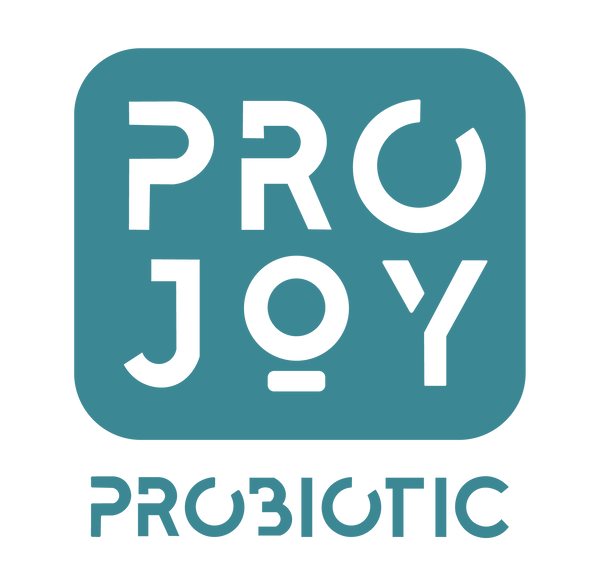How Probiotics Affect the Gut Microbiota
Share
Modulating the gut microbiota by using probiotics (good bacteria) is useful as either nutritional or pharmaceutical tools to maintain health.
Probiotics are living microorganisms that must be consumed in sufficient quantities to have a positive effect on health that extends beyond nutritional benefits.
Probiotics can have an impact on health by influencing the resident microbe that lives in our intestine, known as the gut microbiota.
The gut microbiota composition is dynamic and individualized, depending on diet, intestine environmental conditions, and other host factors.
Probiotic alteration of the gut microbiota may be even more important in influencing systemic metabolism, such as insulin resistance.
The probiotic bacterial wall or cytosolic molecules can interact directly with immune cells, potentially leading to immunoregulatory functions and endotoxemia, which are linked to insulin resistance, diabetes, and increased cardiovascular morbidity.
Probiotics influenced immune response regulation, hormonal regulation of tissue growth and development, and ion homeostasis. Probiotics also strengthen the gut barrier, reducing inflammation and ultimately improving health.
Probiotics and the Gut Barrier Function
Even though gastrointestinal cells are constantly exposed to microbial antigens and metabolites, we coexist in perfect harmony with good bacteria.

Under normal conditions, gut barrier function is highly efficient because of complex multidimensional mechanisms, such as the presence of a mucus layer, tight junction proteins, antimicrobial factors, immunoglobulin A, and sentinels, including intraepithelial lymphocytes and other adaptive immune cells.
In addition to the traditional immune aspects, the interactions between gut bacteria and the immune system have resulted in the revolutionary discovery that microbial components or receptors also contribute to the regulation of energy, glucose, and lipid metabolism.
Models of both genetic or diet-induced obesity and diabetes were characterized by an increased level of circulating lipopolysaccharides (LPS). Notably, a small increase in blood LPS was found to be a key factor triggering the onset of low-grade inflammation and eventually insulin resistance during obesity and related cardiometabolic disorders.
This data was compiled from research published in Frontiers in cellular and infection microbiology in January 2020.
Some probiotic bacteria function as gatekeepers, restoring mucus layer thickness, tight junction proteins, and the production of specific antimicrobial and bioactive lipids with anti-inflammatory properties.
The proof-of-concept study found that overweight or obese subjects who took probiotic supplements for three months had lower plasma LPS, better insulin sensitivity, and lower systemic and liver inflammatory markers than controls.
Probiotics in Psychopathology
A large number of human and animal studies support the fact that the gut microbiota plays an important role in cognitive development and function, mood and emotion regulation, and interpersonal interactions and communications, in part through the role of the immune system in neuronal differentiation, axonal development, and synaptic plasticity, serving as a major actor in neuro-immune integration.
Imbalances in the composition of the gut microbiota have been linked to a variety of psychiatric disorders, including autism spectrum disorders, major depression, and alcohol-related disorders.
For instance, the gut microbiota of depressed patients showed a decrease in richness and diversity associated with an increase in proinflammatory status and cortisol level and alterations in tryptophan metabolism.
The transplantation of the microbiota of depressed patients to microbiota-depleted rats induced characteristics of depression at both behavioral and physiological levels.
This gut-to-brain interaction raises the interesting possibility that the addition of probiotic supplements might serve as an intervention in psychopathology.
Probiotics have been shown in humans to improve the inflammatory status of irritable bowel syndrome, to reduce anxiety in chronic fatigue syndrome and psychological distress in healthy volunteers, and to modify the brain's treatment of emotional information.
Probiotics and Pharmacologic Therapies
The gut microbiota influences drug absorption and liver metabolism, producing active metabolites and ensuring that drugs work properly. Furthermore, probiotics may help to reduce the side effects of medications.
